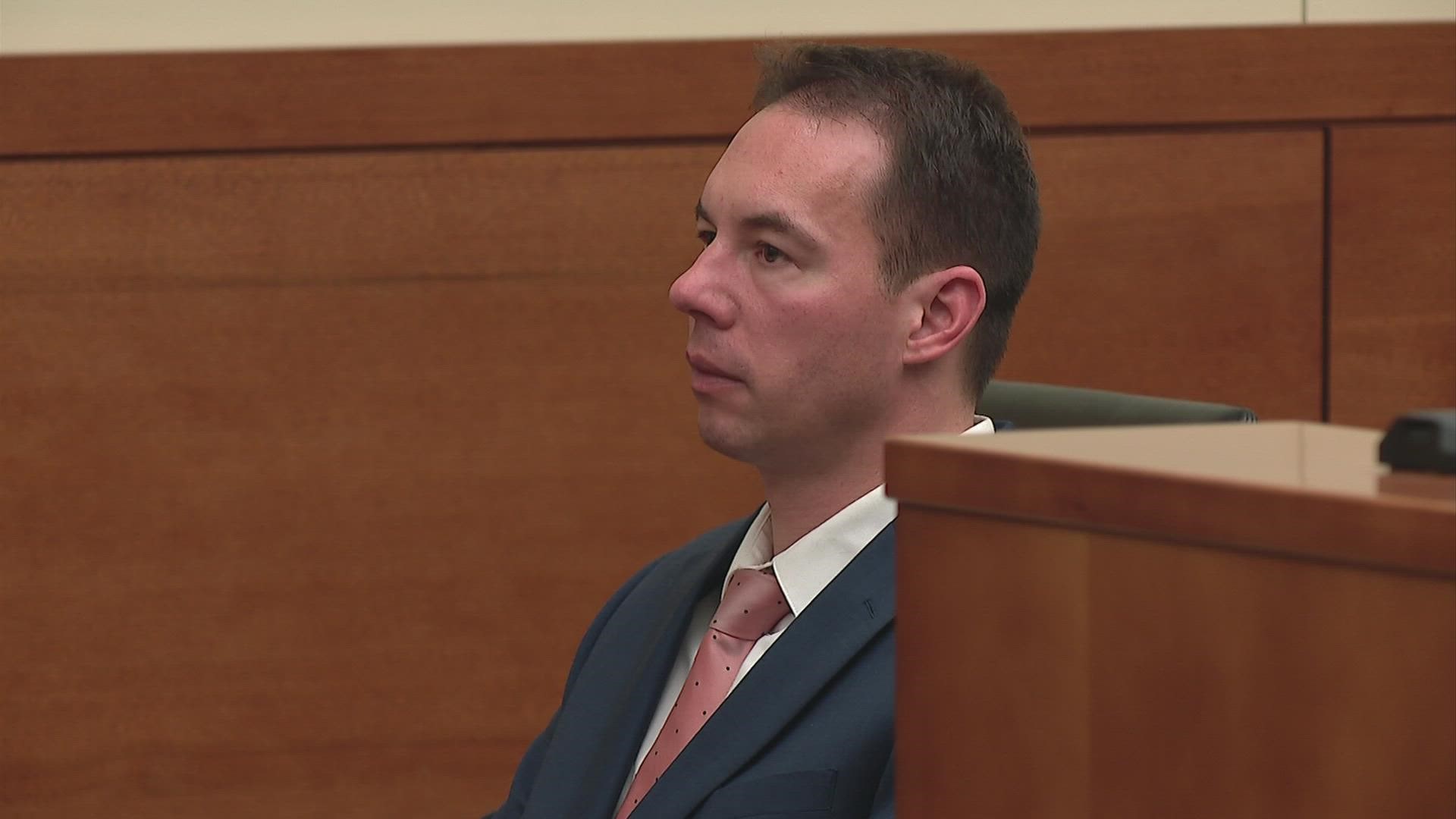COLUMBUS, Ohio — Despite past public statements acknowledging that as many as five of Dr. William Husel’s patients could have seen their conditions improve with additional medical treatment, Mount Carmel Health System is now seeking to stop its own attorney from being deposed on that subject.
In a motion filed Friday in one of 10 remaining civil lawsuits still pending against the hospital, attorneys for Mount Carmel have asked a Franklin County judge to issue a protective order and quash the subpoena of their attorney, John Hall.
The hospital argues Hall’s scheduled deposition is unnecessary and that his past communications and disclosures he passed on from the hospital would fall under attorney-client privilege.
According to court records, during a February 2019 phone conversation with attorney Craig Tuttle, whose law firm represents families of Husel patients, Hall reportedly passed on a disclosure that several patients of Dr. William Husel “still had an opportunity for improvement with additional care” at the time Husel ordered large doses of fentanyl be given to patients under his care, according to a court filing.
Hall specifically identified three patients – Nick Timmons, Troy Allison and Beverlee Schirtzinger – as among those whose conditions might have improved from additional medical care, according to a letter written by attorney Gerald Leeseberg, whose firm represents several families of patients, many of whom have filed wrongful death claims against the hospital.
Leeseberg’s letter was included as an exhibit in the hospital’s latest court filing.
Husel faces a criminal trial next month – accused of killing his patients by ordering large doses of fentanyl be given to them.
He has pleaded not guilty. His attorneys have argued he was providing comfort care – aiming to help patients avoid a painful death.
Separately, the hospital and Husel are still involved with several wrongful death lawsuits which remain pending in wake of the dosing scandal.
To date, the hospital has paid out more than $20 million to settle legal claims with the families of 22 patients, according to a 10 Investigates’ review of court records.
Here is what the hospital previously said on the matter of patients whose conditions could have improved:
“As previously shared in our last announcement, we've also been investigating whether any of the affected patients received excessive doses of pain medication when there was still an opportunity for treatment to improve their immediate condition. We are aware of five cases in which this possibility was a concern and we are reaching out to the loved ones of these patients to share this information. Our hearts go out to these family members. They continue to be in our thoughts and prayers,” Mount Carmel President and CEO Ed Lamb said in a video statement on February 22, 2019.
10 Investigates reached out to a hospital spokeswoman for comment Monday. The hospital provided this statement:
“Mount Carmel has always been open in communicating to patient families and the community regarding this situation. And, we look forward to all of the relevant facts in this matter being heard through the process established in the civil courts. However, it is extremely unusual for attorneys on either side of a case to attempt to depose or call opposing attorneys as witnesses. We have filed a motion with the court to address this procedural issue.”
On Friday, a judge agreed to dismiss 11 of the 25 murder counts against Husel. Prosecutors declined to tell reporters why they chose to dismiss these charges.
But a closer examination of the cases that remain reveal that the majority of the patients whose cases remained received larger doses of fentanyl compared to those 11 charges that were dismissed.
Allison, Timmons and Schirtzinger’s cases still remain part of the criminal trial.
The hospital had previously identified 35 patients who had received “excessive” or “potentially fatal” doses. But prosecutors focused their criminal case on 25 patients who got 500 micrograms of fentanyl or more. Following the dismissal last week of 11 charges, prosecutors’ case now focuses in large part on those patients who got 1,000 micrograms or more.
This story will be updated.

